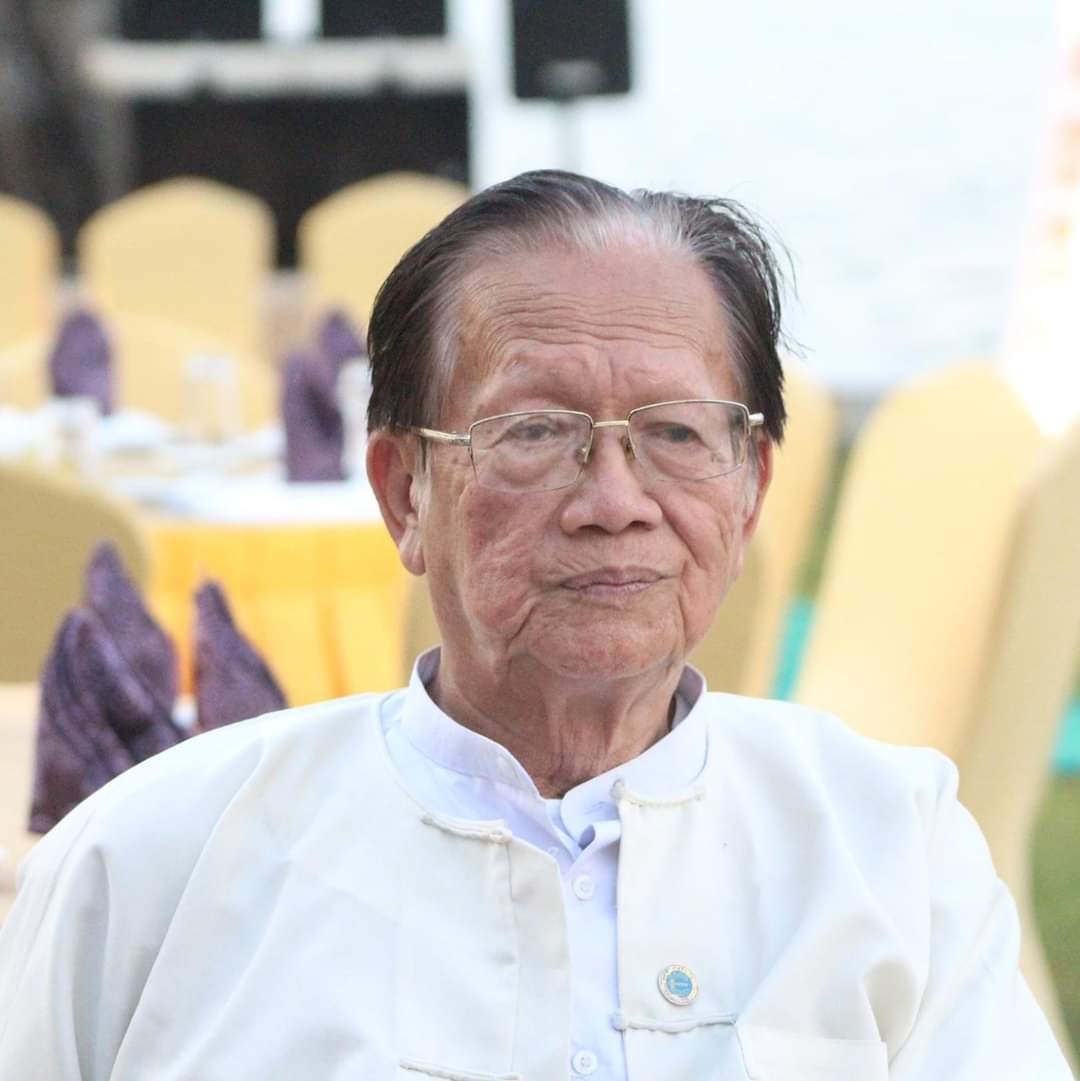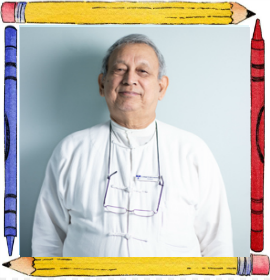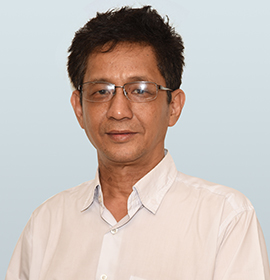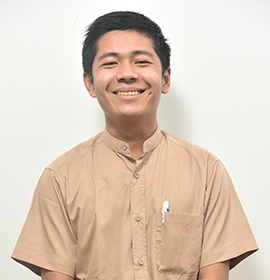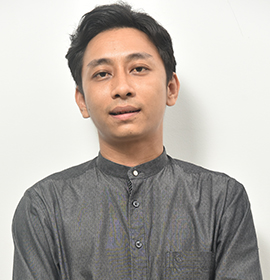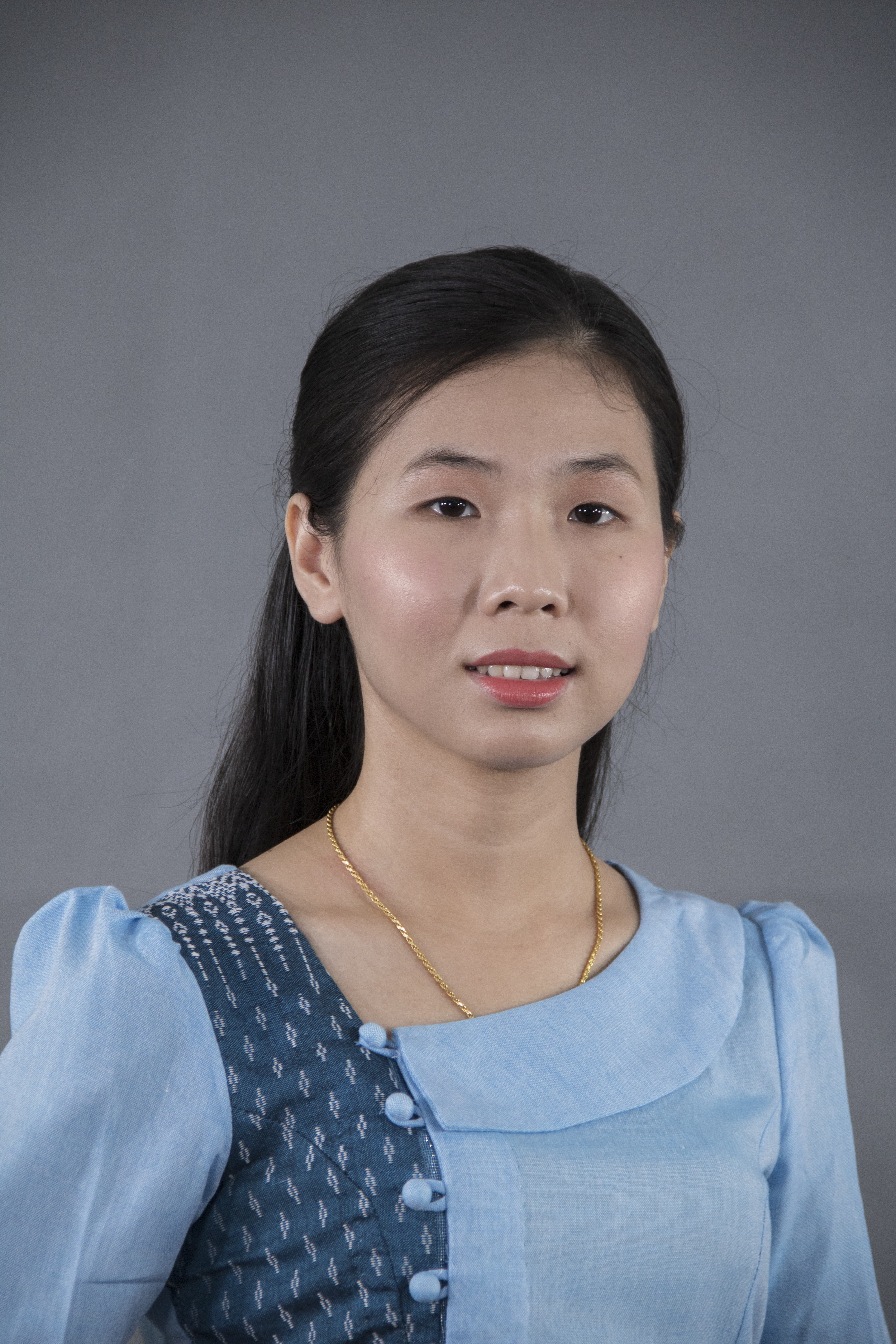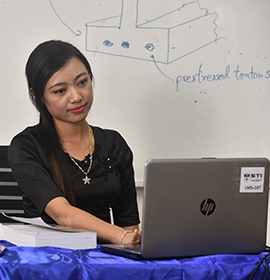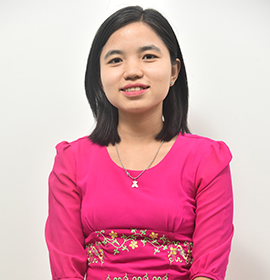MSc(Nutrition & Dietetics)
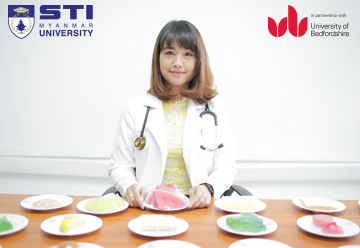
- 🎓 Category : FACULTY OF HEALTH SCIENCE
- 🎓 Program : Postgraduate Programs
- 👩🎓 Course Coordinator : Dr. Thein Tan
- This is a validated Master program awarded by University of Bedfordshire (UK).
University Of Bedfordshire
About the course
This course focuses on the dietetic manipulation for health promotion as well as in the treatment of nutrition related medical conditions and in the management of various diseases so as to augment medical treatment.
The course aims to produce competent professionals who can work in the areas of dietetics and nutrition. Taught input ranges from understanding of food science and nutrition to varying approaches and applications of these in the assessment and diagnosis of a range of conditions and diseases. You will look at the planning of diets and the role of nutrition in different stages of life as well as in relation to physical activity.
The course is divided into two stages. You are required to complete the first stage, which introduces the underpinning theory and practice before progressing to a four to six month placement in a private hospital, polyclinic or other approved organisation and preparing a research project.
Specifically, the Nutrition and Dietetic Master Program aims to prepare you to:
🥕conduct a needs assessment of nutrition and understand how this is applied to intervention management
🥕develop nutrition intervention practices
🥕apply knowledge in recommendations on food and nutrition policy
🥕demonstrate an understanding of current public health nutrition issues
🥕identify, evaluate and maintain capabilities and qualities to support effective communication in a range of complex and specialized contexts while incorporating a critical ethical dimension to the practice of nutrition education
🥕provide the theoretical, process and skills basis to plan, implement and evaluate nutrition intervention programs
Method of Assessment
Assessment forms an integral part of the learning process. The assessment aims to enhance the learning experience rather than simply provide academic benchmarks. It allows your progress to be monitored during the course and to be enhanced by feedback from tutors, and also provides an opportunity for you to integrate your prior learning when undertaking a more focused assignment or presentation task. The assessments for level M will be carried out using several methods including oral presentations, case study reports, critical reviews of literature, individual reports, practical assessments, a portfolio of experience (Placement unit), end of unit examinations, laboratory reports, and practical demonstrations.
The assessment methods used relate closely to the learning outcomes of the course and individual unit, while allowing you scope for creativity in fulfilling them e.g. by self-selection of case study examples to present within a written report within a particular health context. Assessments will in many cases be vocationally ‘sensitive’ and be designed to promote awareness of contextual health policies and to promote engagement with real-life community or clinically-based physical activity and/or nutritionally based research or interventions.
Entry Requirement
💊You must hold a bachelor’s degree in medicine or biomedical science and the equivalent of IELTS 6.5 (with no band lower than 6).
💊Graduates who have a degree in other health related disciplines will be considered on an individual basis.
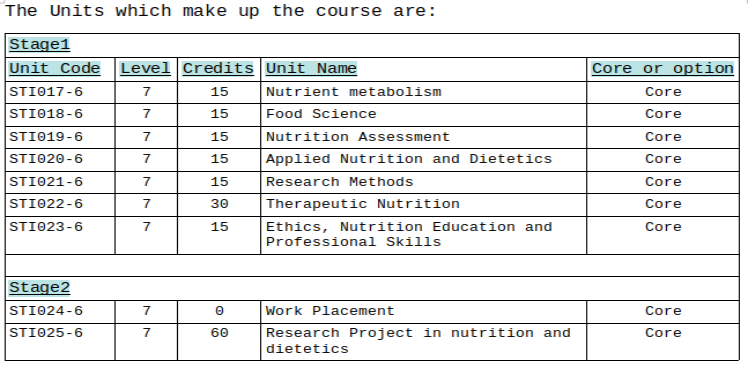
Course Fees
35,700,000 MMK (Course Fees may change without prior notice)

